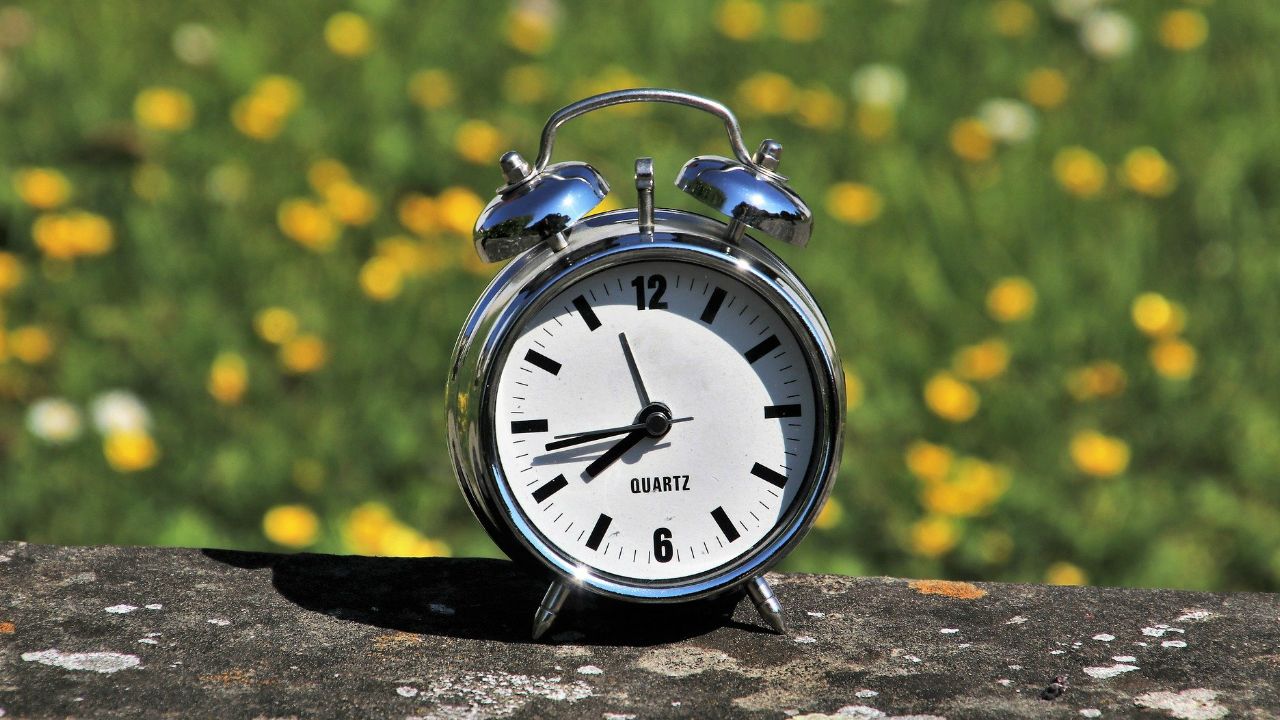Daylight saving time ends on Sunday, when we revert back to standard time. We will get to set our clocks one hour behind.
What You Need To Know
- Daylight saving time ends and standard time begins
- Sun vs. social time could explain why you may still feel tired
- It's recommended to keep the same sleep and eating habits all week
An “extra” hour of sleep on a Sunday morning sounds pretty good. But while the clock on your nightstand will change, our biological clocks will continue to struggle.
The reason? Depending on where you live in a time zone, your body may never sync up with the time on your watch. The two things that are out of whack are our sun time versus social time. What is sun time and social time?
I spoke with Anisha Kalidindi, a graduate student fellow at The Ohio State University who studies circadian timing.
Circadian timing or rhythm is our way of synchronizing to Earth’s rotation. Our body looks for many signals or cues as to when we should be awake or asleep. The biggest clue is light.
Anisha says people who live on the western edge of time zones may still feel tired even after daylight saving time ends. That's because our circadian rhythms have been off by two hours since daylight saving time began in March.
During daylight saving time (March through November), our bodies tell us it is 10 a.m. based on where the sun is. However, based on society's timing (social time), it is noon.
After daylight saving time ends, based on where the sun is, our bodies will tell us it is 11 a.m. when the clock will say it is noon. This is the misalignment of our sun and social times.
Not everyone is off by two hours. If you live on the eastern edge of a time zone you have only been off by one hour during daylight saving time while during standard time, your social and sun times will actually be aligned.
Anisha says, basically our bodies are synched up with the sun but in society, we go about our lives based on social times. An example of a social time is when it is 8 a.m., it's an indication that maybe it's time to go to work.
She says that's why when we change the clocks twice a year, it throws off our sun and social times but even more so in the spring. The more out of sync our bodies are, the less our body can function.
Anisha says two physical side effects in particular are an increase in endocrine and cardiological disorders, but there are some things we can do to help.
1) Try as best you can to maintain regular sleep right before daylight saving time begins or ends.
2) Prevent exposure to phone light at night.
3) Eat and sleep consistently, even on the weekends.
4) You can try to shift your schedule in small increments of 15-30 minutes.
One last bit of advice: This November, when you are struggling to wake up, eat dinner on time. And if you don't remember how to change the clock in your car, give yourself a break.
